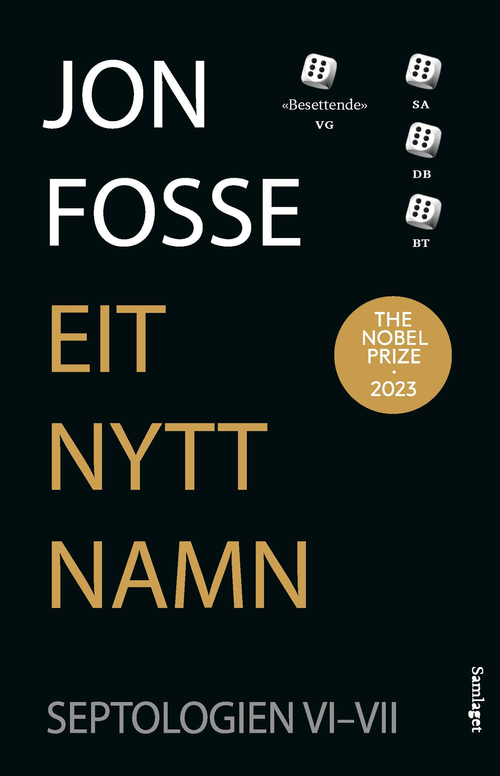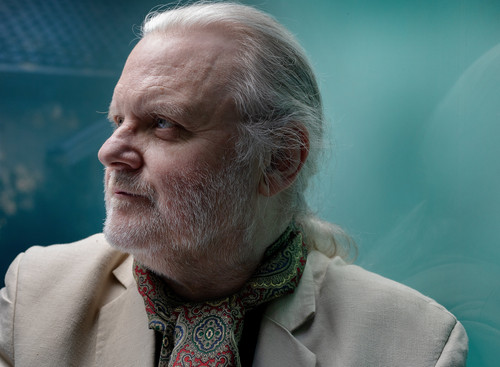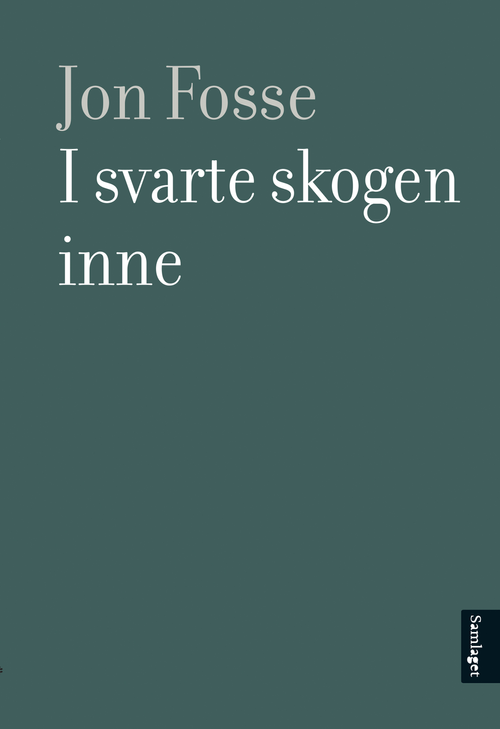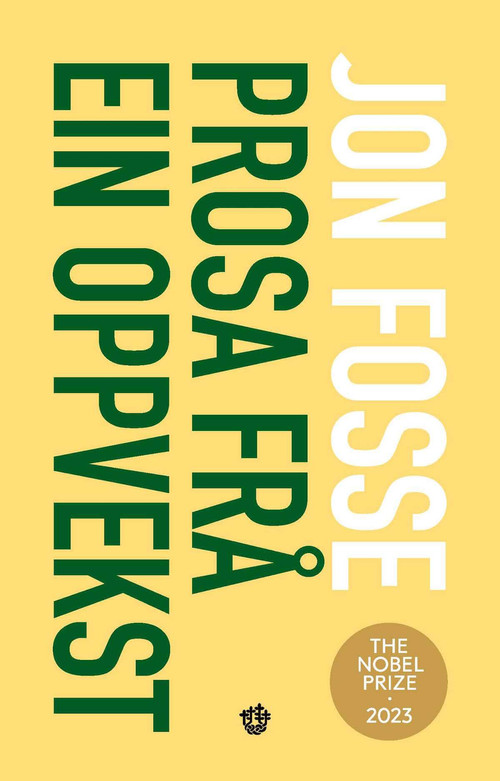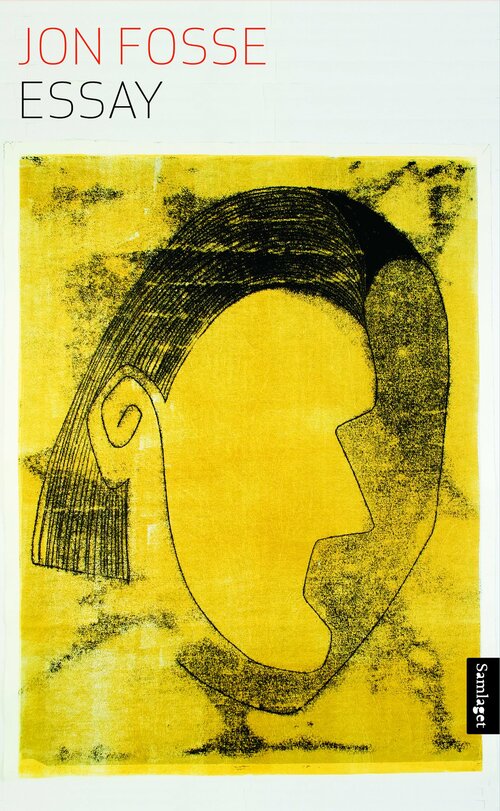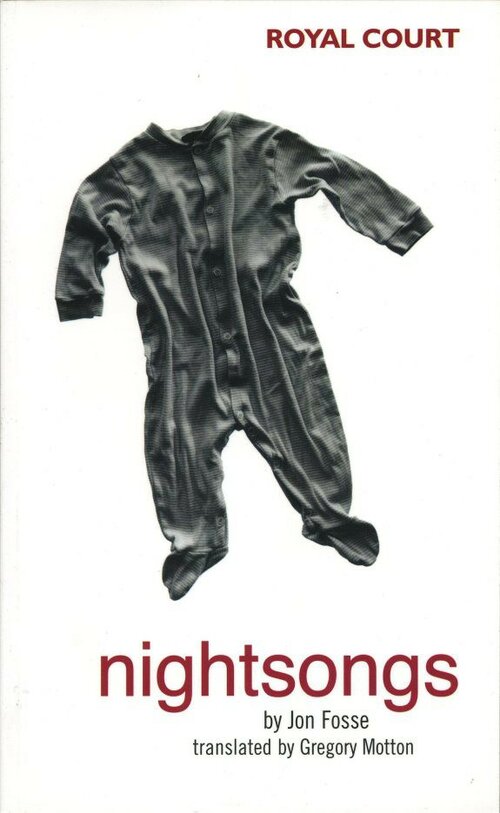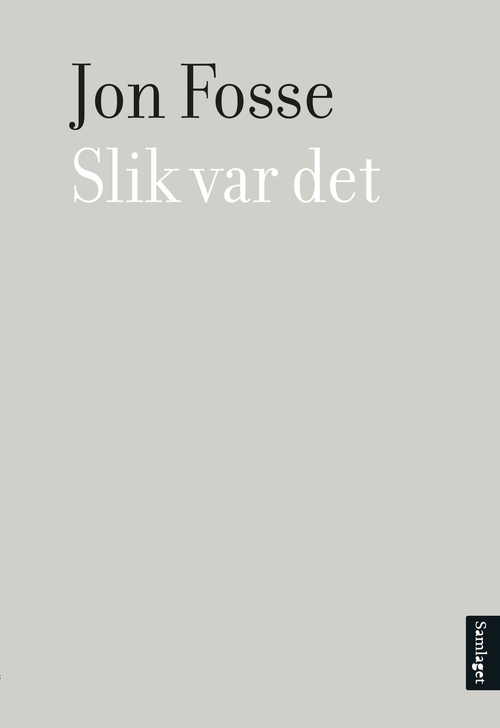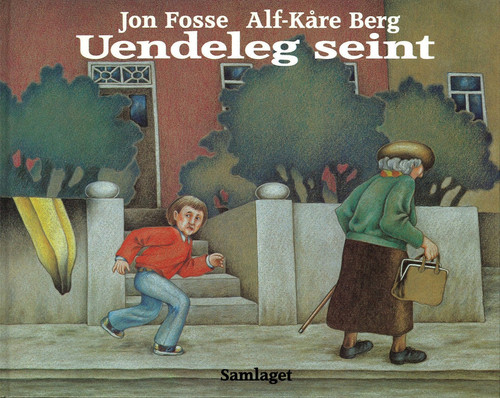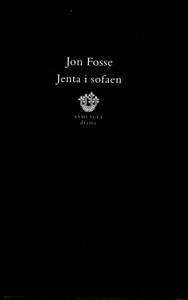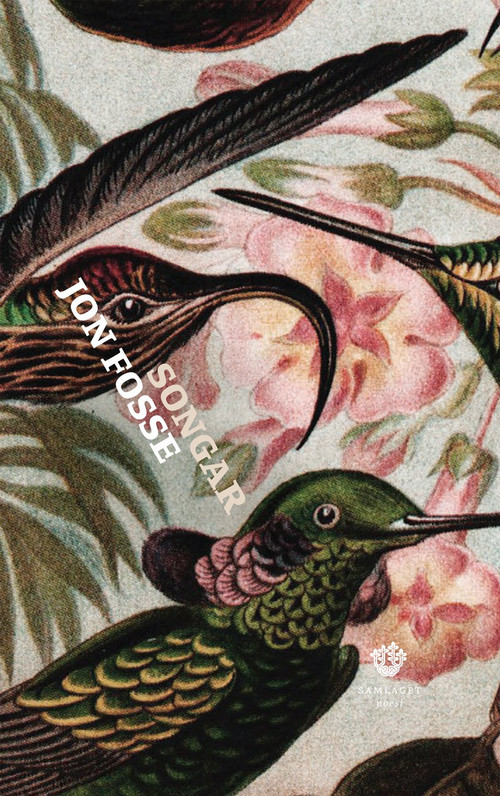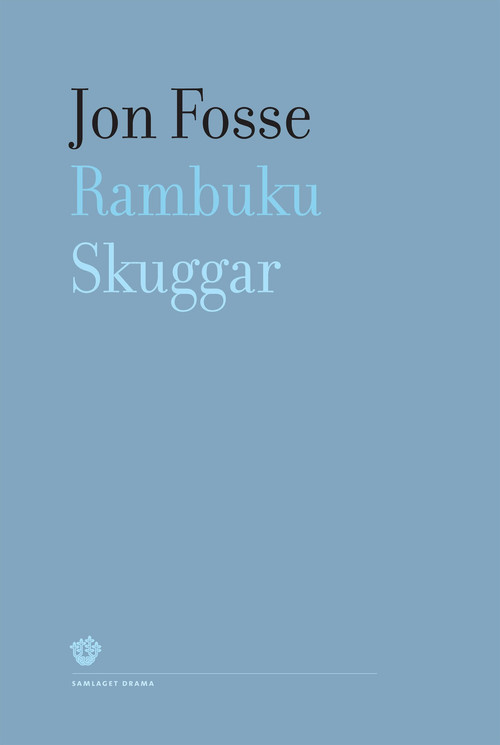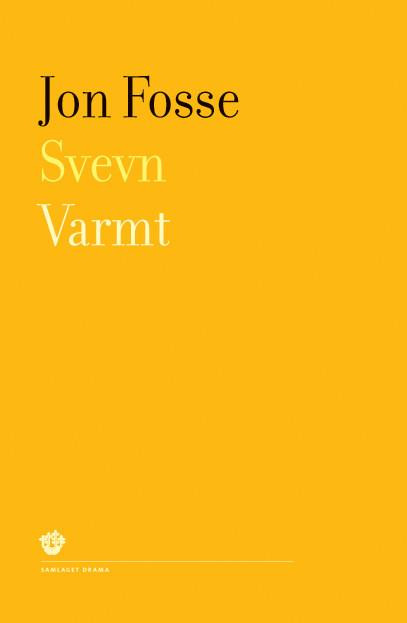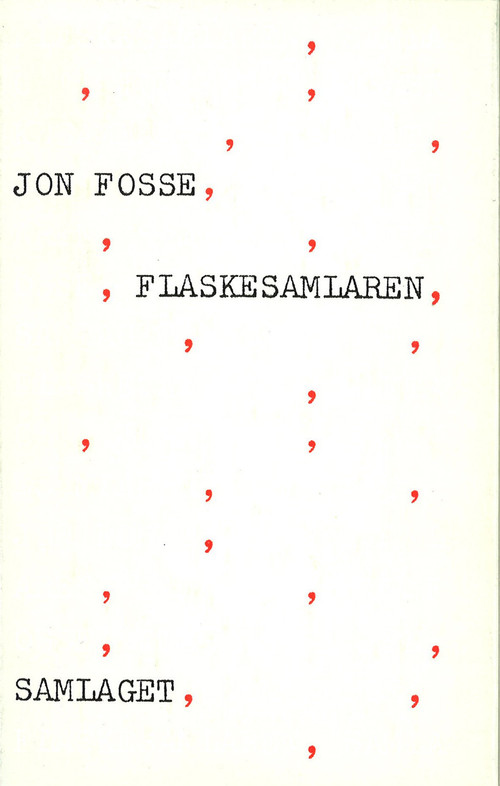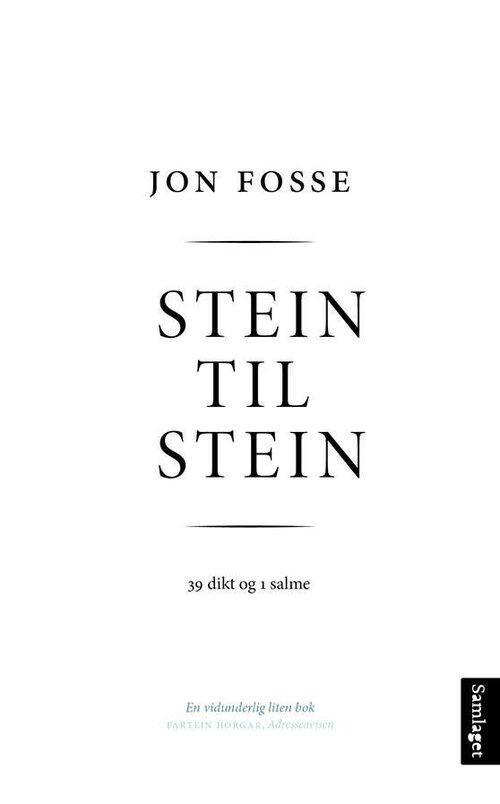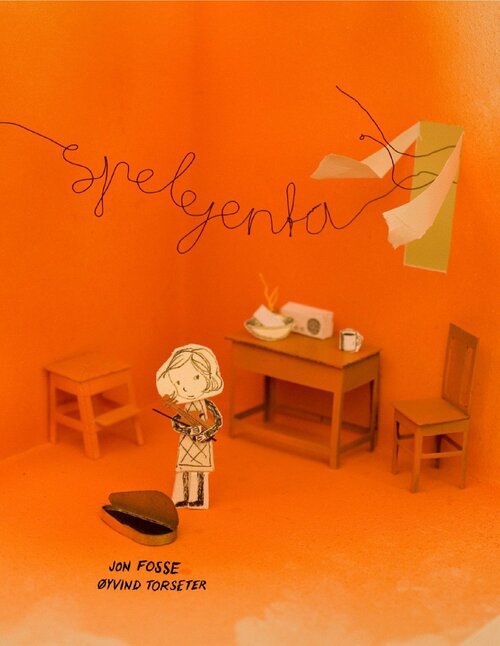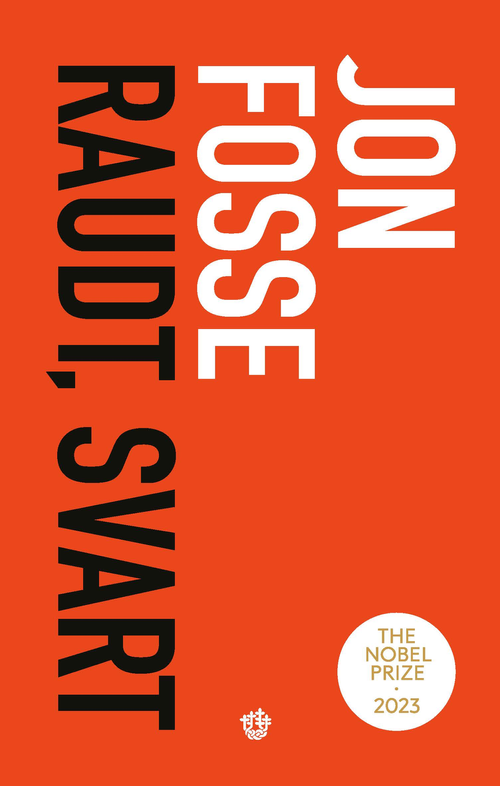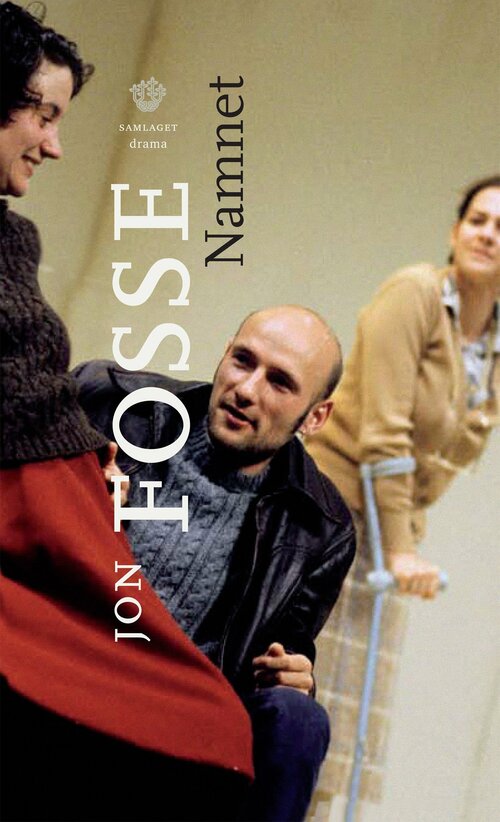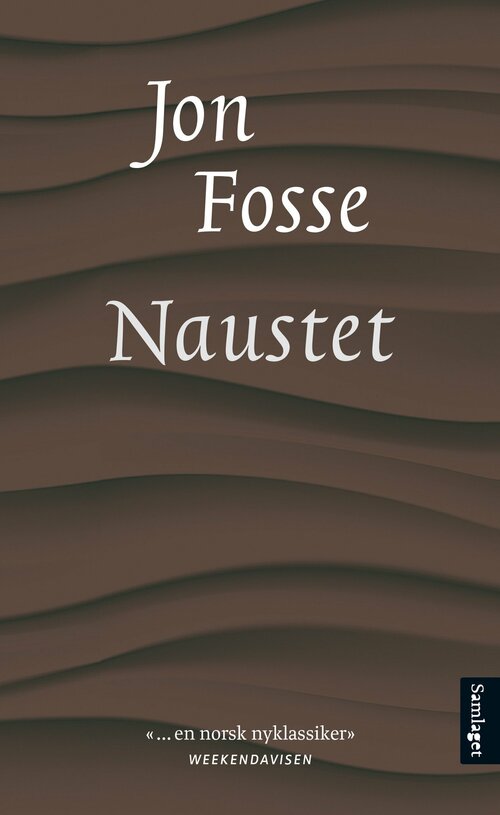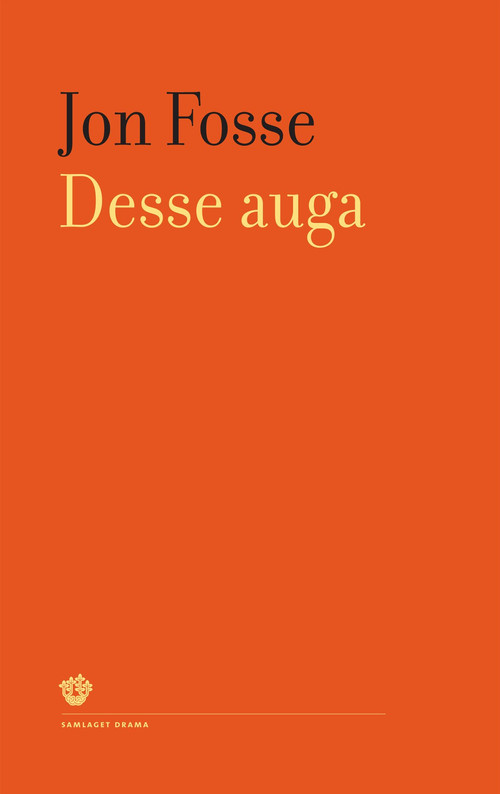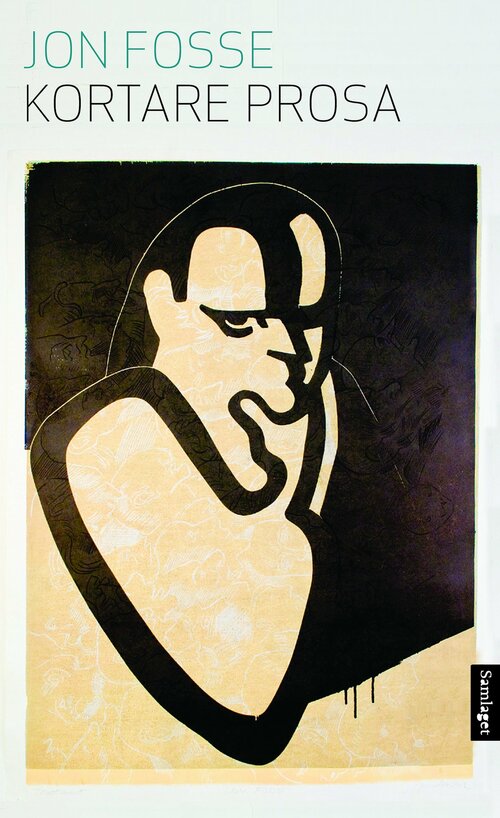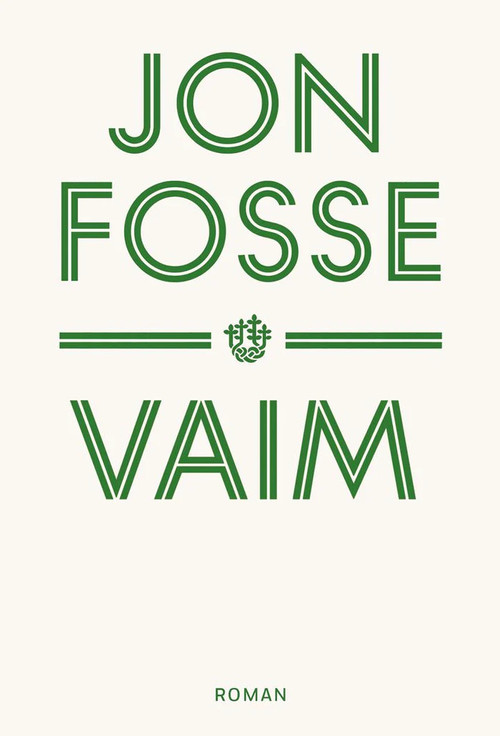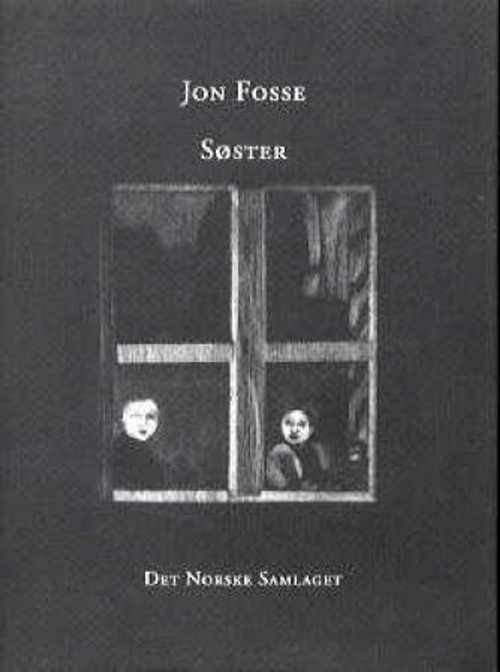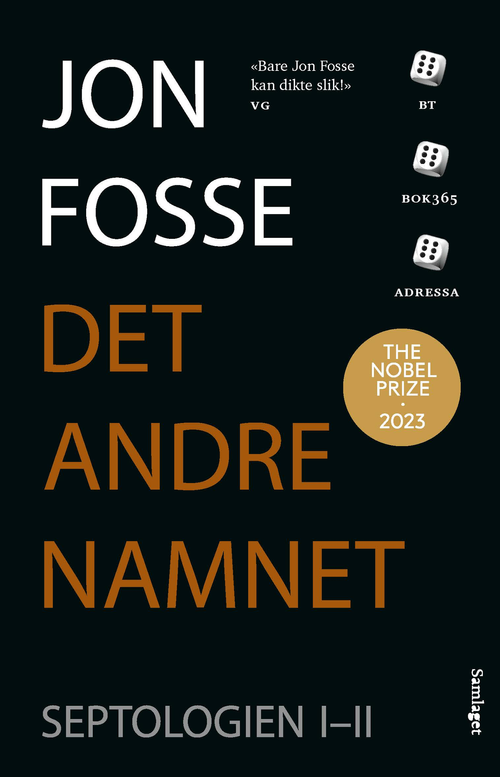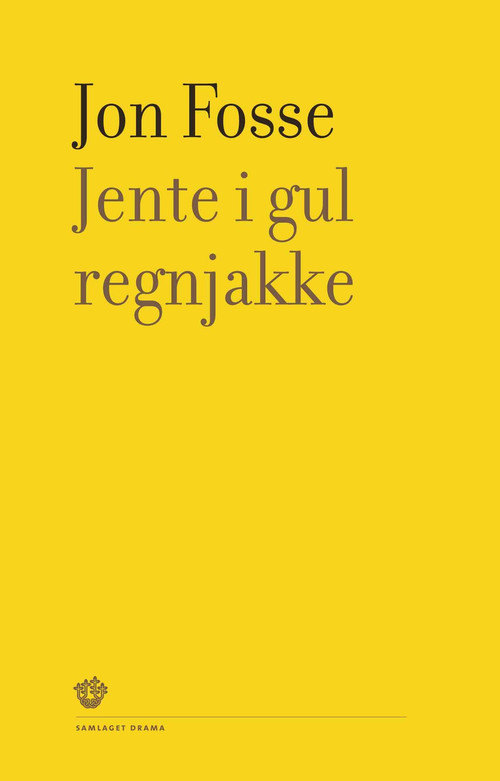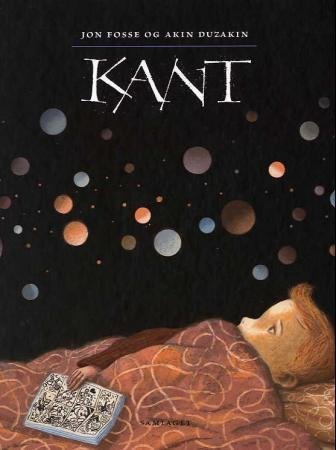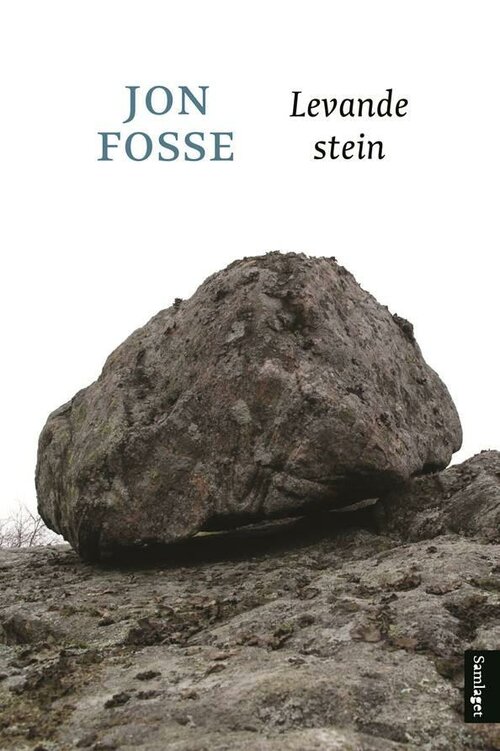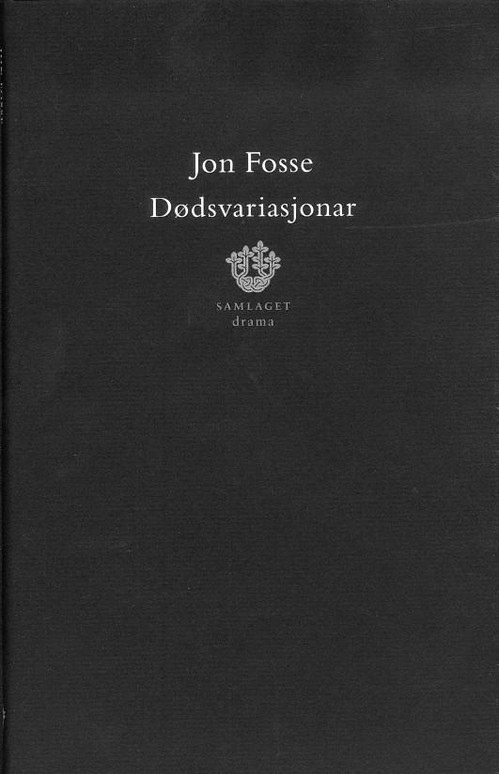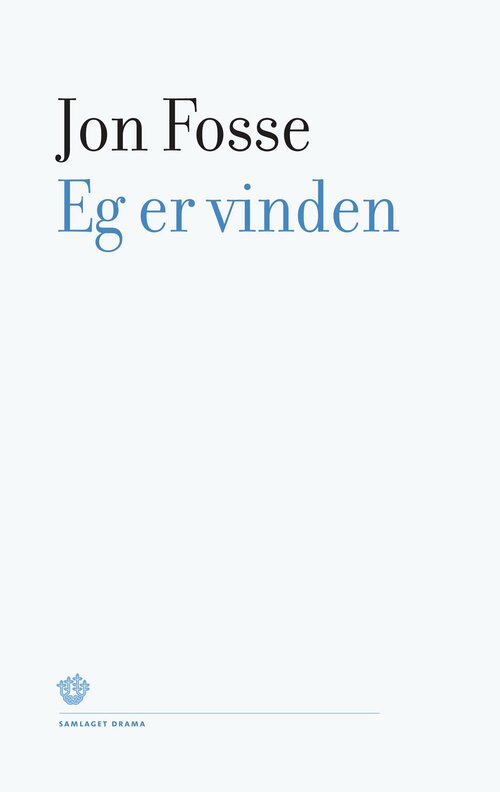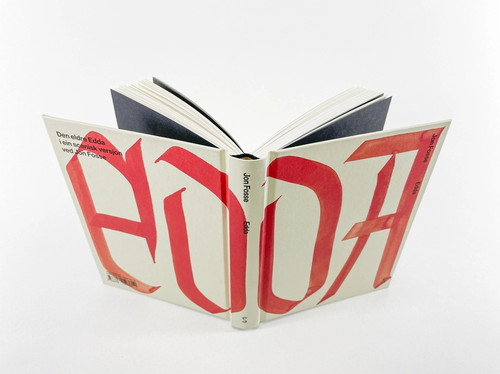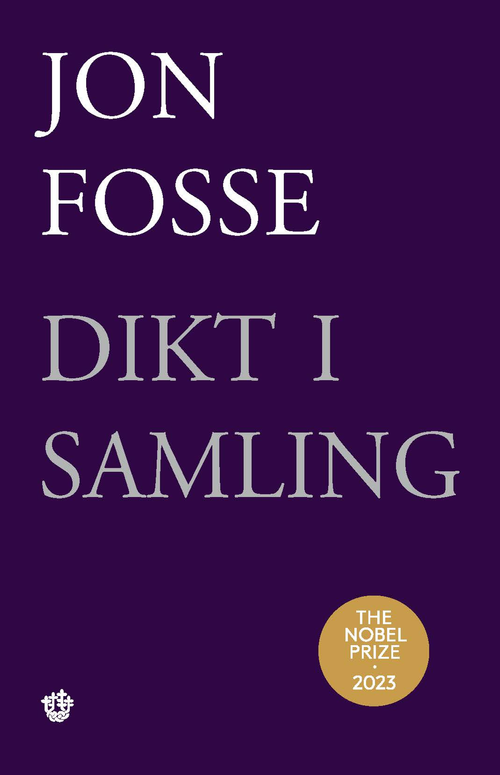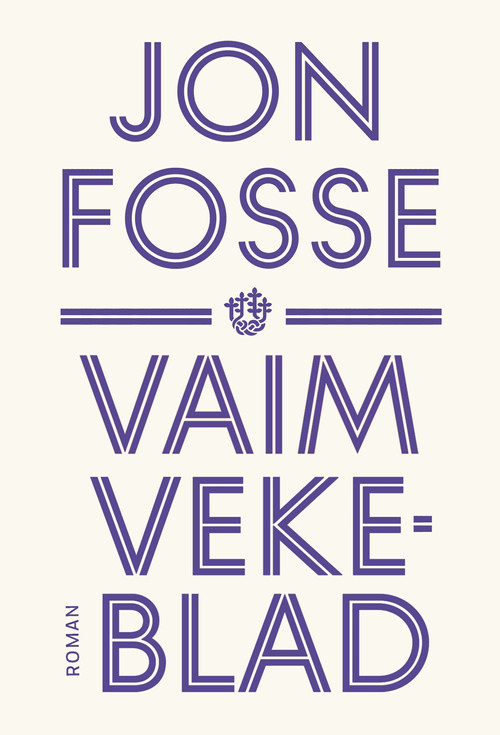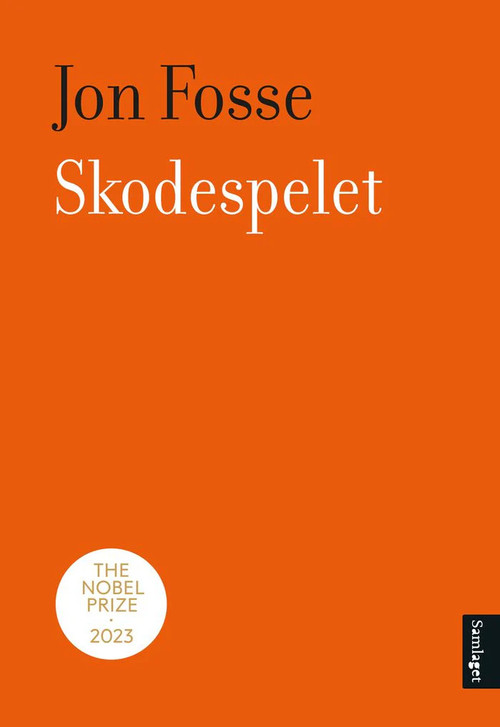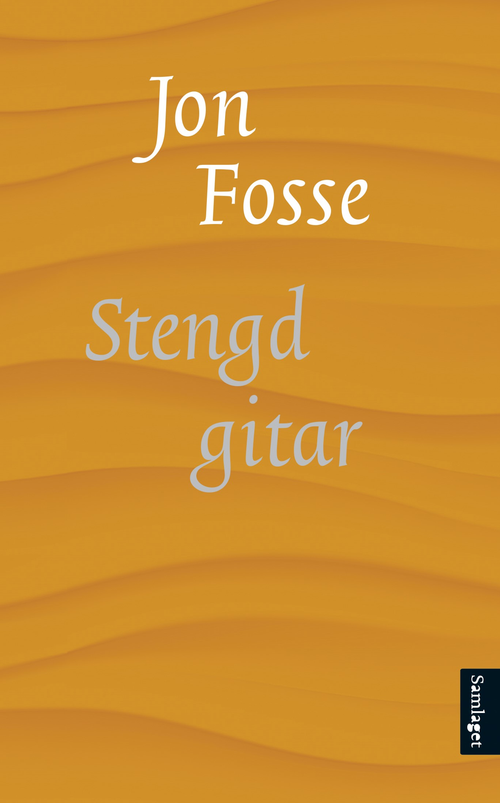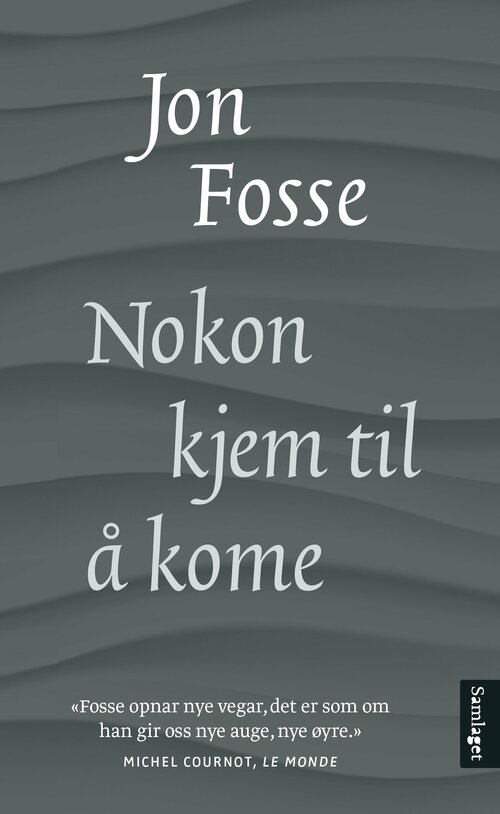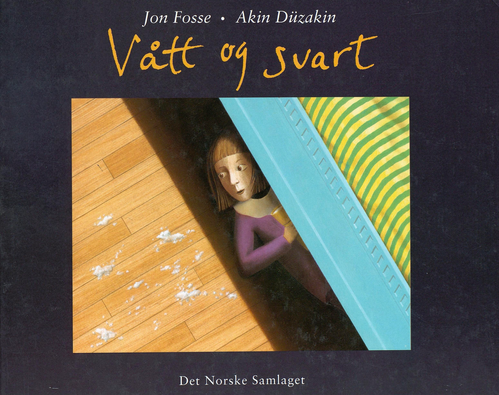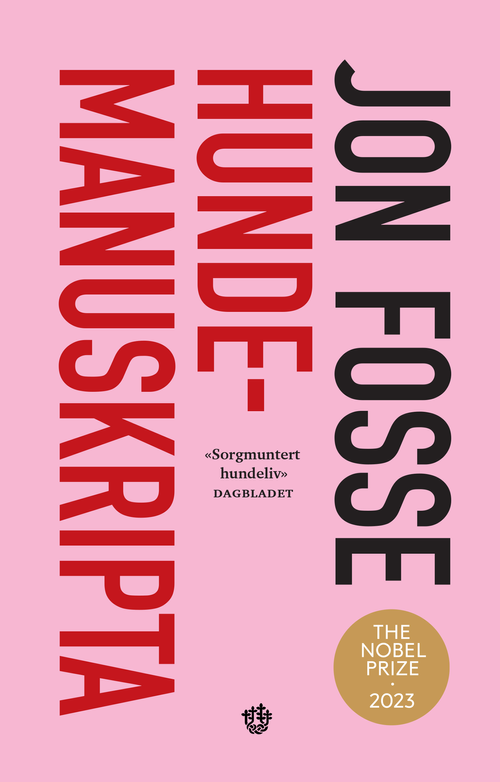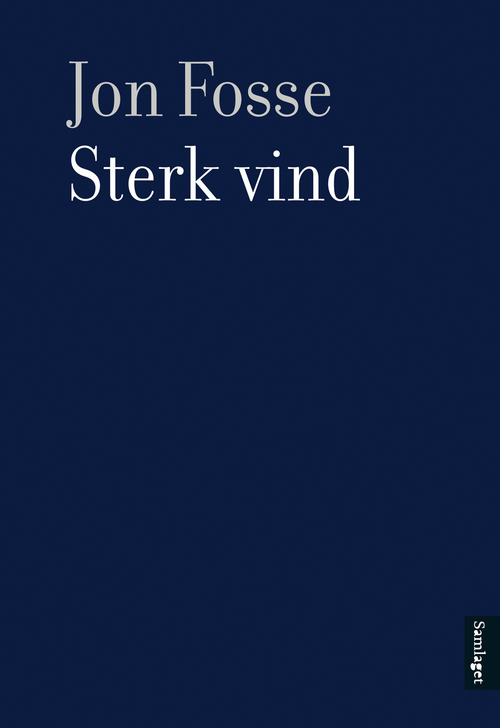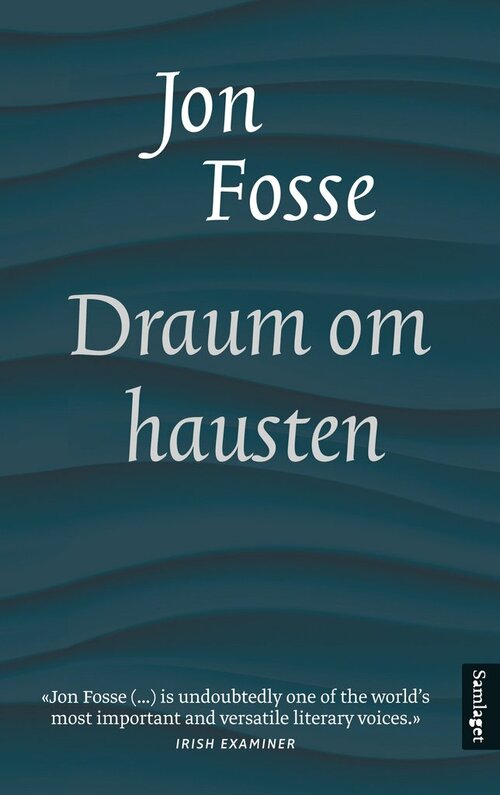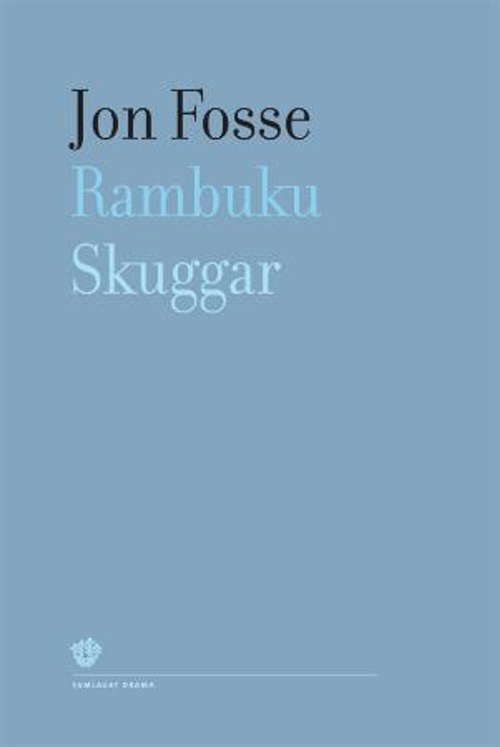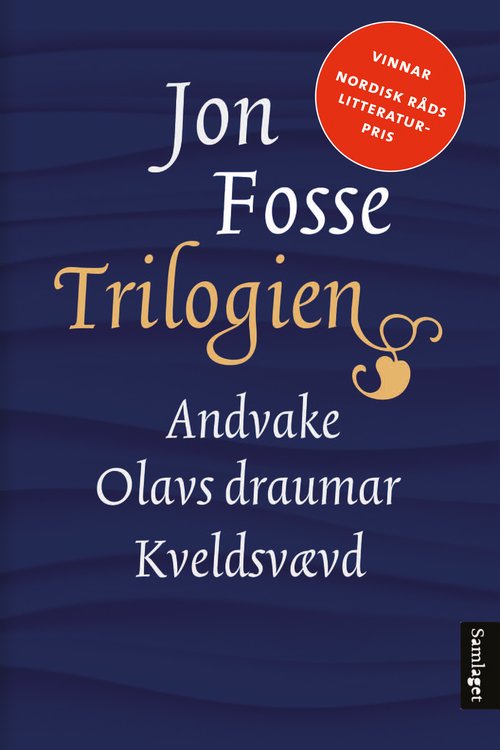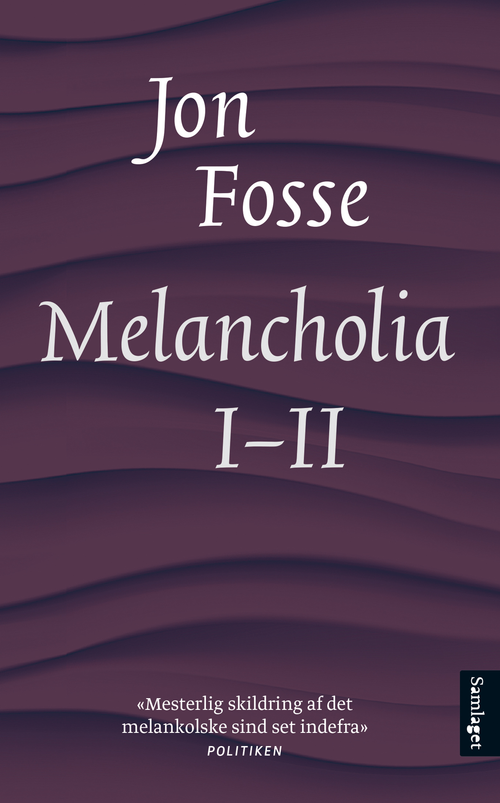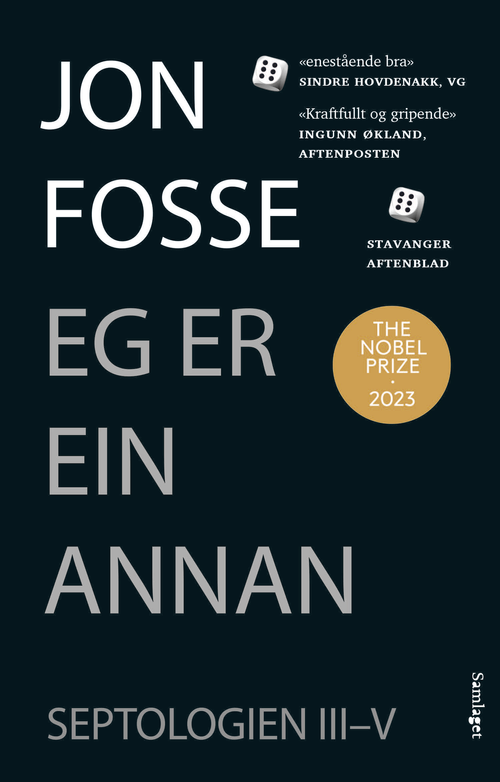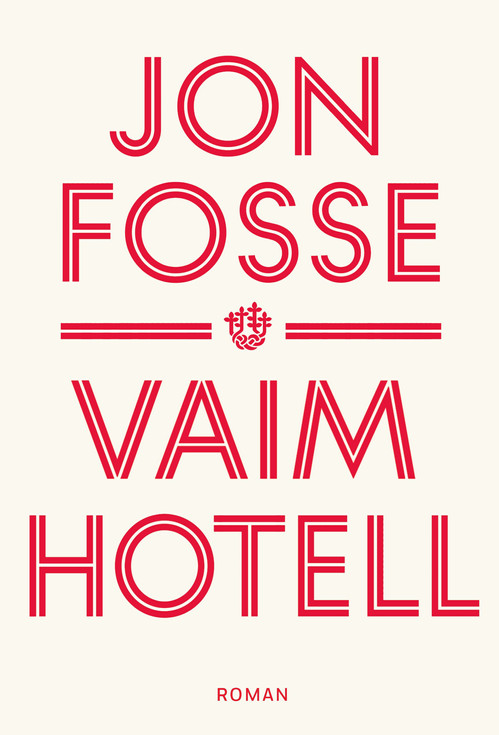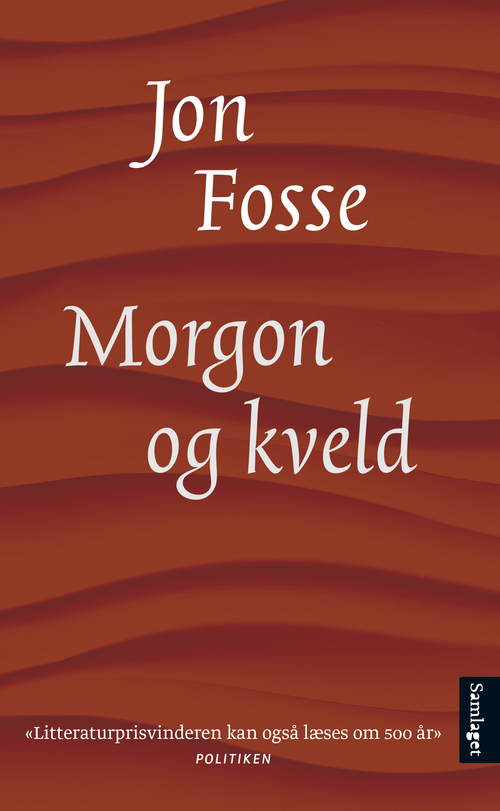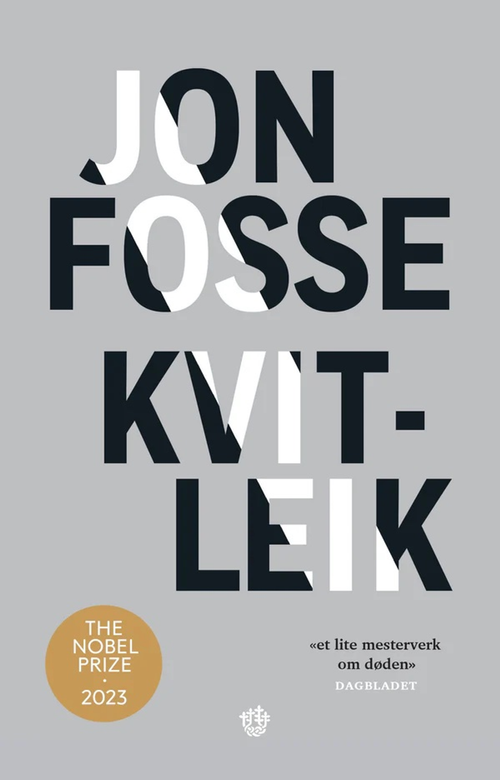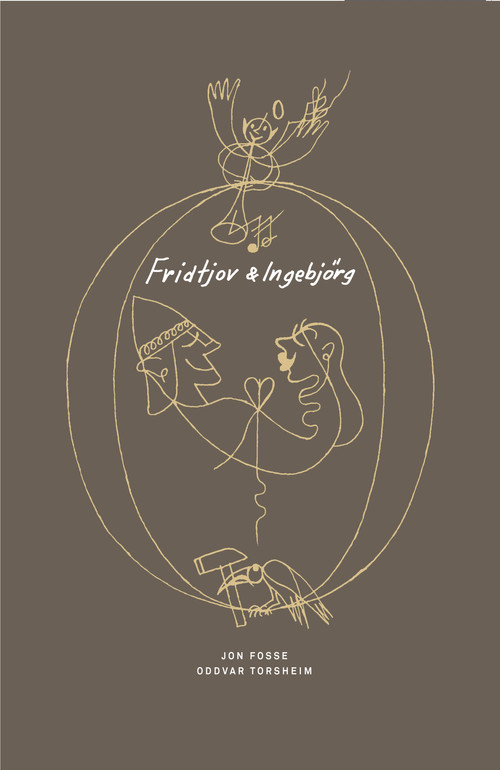Septology VI - VII: A New Name
Jon Fosse The Nobel Prize
Original title: Eit nytt namn. Septologien VI - VII
Publisher: Samlaget, 2021
Genre: Novel
Pages: 331 pages
Asle is an ageing painter and widower who lives alone on the southwest coast of Norway. His only friends are his neighbour, Åsleik, a traditional fisherman-farmer, and Beyer, a gallerist who lives in the city. There, in Bjørgvin, lives another Asle, also a painter but lonely and consumed by alcohol. Asle and Asle are doppelgängers – two versions of the same person, two versions of the same life, both grappling with existential questions.
In this final instalment of Jon Fosse’s Septology, the major prose work by ‘the Beckett of the twenty-first century’ (Le Monde), Christmas is approaching. Tradition has it that Åsleik and Asle eat lutefisk together, but this year Asle has agreed to celebrate Christmas with Åsleik and his sister, Guro. On Christmas Eve, Åsleik, Asle, and the dog Bragi take Åsleik’s boat out on the Sygnefjord. Meanwhile, we follow the lives of the two Asles as younger adults in flashbacks: the narrator meets his lifelong love, Ales; he joins the Catholic Church; he starts exhibiting with Beyer; he can make a living by trying to paint away all the pictures stuck in his mind. After a while, Asle and Ales leave the city and move to the house in Dylgja. The other Asle gets married too, but his wedding ends with a sobbing bride and is followed soon after by a painful breakup.
Written in melodious and hypnotic ‘slow prose’, A New Name: Septology VI-VII is a transcendent exploration of the human condition and a radically other reading experience – incantatory, hypnotic, and utterly unique.
Foreign rights
Arabic: (Saudi-Arabia) Dar Athar
Brazilian-Portuguese: Editora Fósforo
Chinese (simplified): Yilin Press
Chinese (traditional): Ecus Publishing House
Croatian: Naklada Ljeva
Czech: Host
Danish: Batzer & Co
Dutch: Uitgeverij Oevers
English (UK): Fitzcarraldo Editions
English (US): Transit Books
English: (ANZ) Giramondo
Estonian: Eesti Raamat
Finnish: WSOY
French: Christian Bourgois éditeur
German: Rowohlt
Greek: Gutenberg
Hungarian: Kalligram
Icelandic: Dimma
Italian: La Nave di Teseo
Lithuanian: Aukso žuvy
Persian: Borj Books (A division of Houpaa Publication, Iran)
Polish: ArtRage
Portuguese: Cavalo de Ferro
Romanian: Pandora
Serbian:Treći Trg
Spanish: De Conatus
Swedish: Bonniers
Turkish: Monokl
Awards
Shortlisted for the International Booker Prize 2022
Longlisted for the Dublin Literary Award 2022
Finalist for the 2022 National Book Award (USA)
Winner of The Brage Prize 2021
Winner of the Norwegian Critics Prize for Literature 2021
